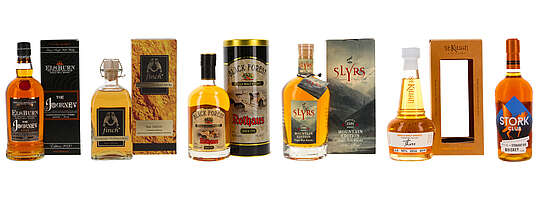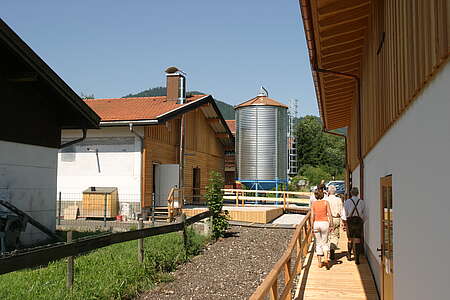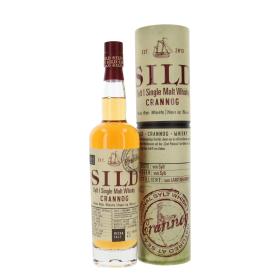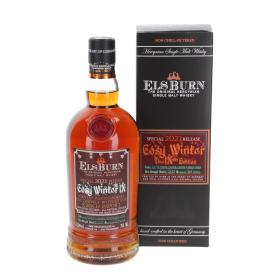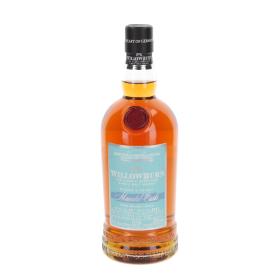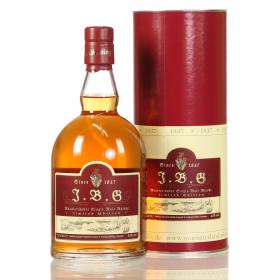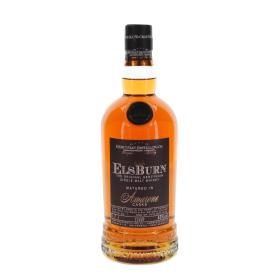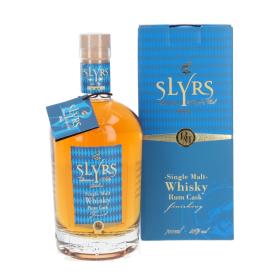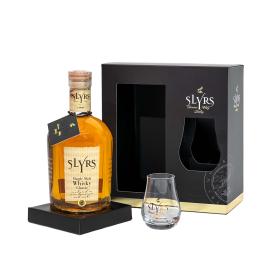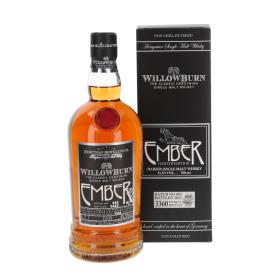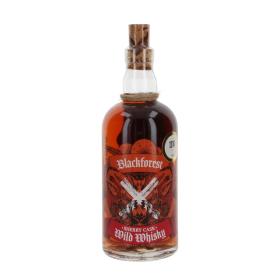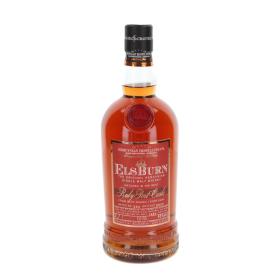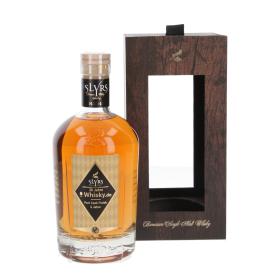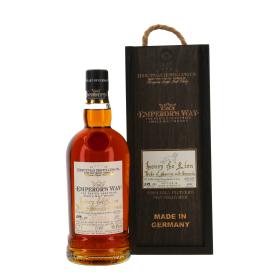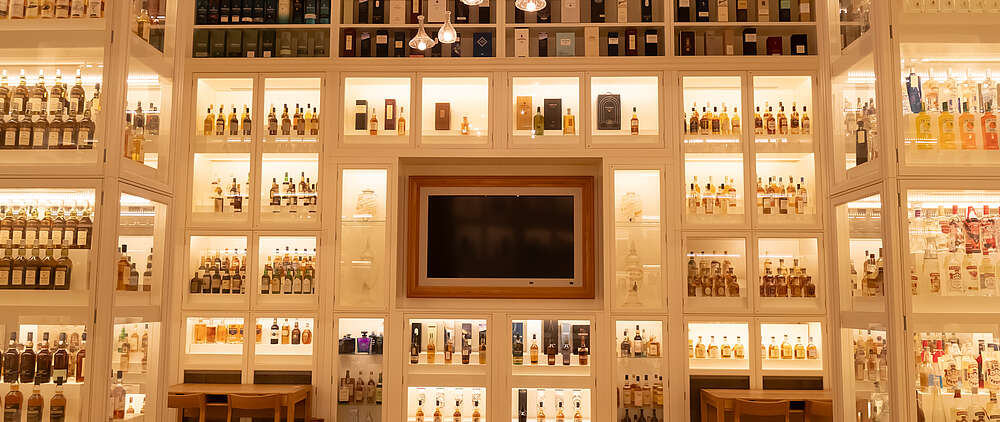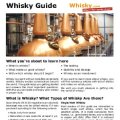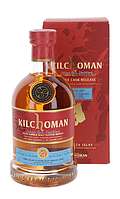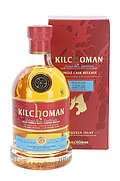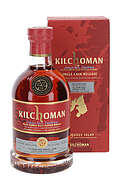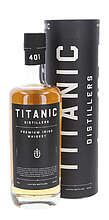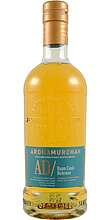German Whisky
German Whisky is a thing! The Whisky community in Germany is growing and so is the number of distilleries. Is German Whisky as good as its reputation?
The Journey of German Whisky
Whisky probably became popular in Germany for the first time due to Americans after World War II. But a lot has changed since then and German Whiskies are on the rise. The number of German Whisky distilleries is increasing. In the middle of the 90s more and more spirit distillers, for example fruit spirit distillers, jumped on the Whisky bandwagon. There are now over 150 distilleries that also produce Whisky in Germany. But the production of Whisky - and especially the maturation - takes time. And there are some things to consider: Distilling rights, stills and experience... that's what you need to get started. The former needs time to be applied for, stills are expensive and experience - like all things - only comes with time.
The maturation time is at least 3 years - only then the distillate can be called Whisky at all. In this regard, German Whisky distillers follow the same guidelines as the great role models in Scotland. And 12 years look really good on the bottle - but that takes even more time.
In Germany, the Whisky was preceded by the 'Obstler' (Fruit Spirit) and the 'Korn' (Grain Brandy), one in the south and the other in the north of Germany. The first Whisky distillers were in Southern Germany: the first trials took place near Nuremberg. However, the production here was never so large that the bottles were sold on a large scale. Instead, the Whisky was served directly on site.
The first Whisky distillery that was able to sell larger quantities also came from Southern Germany - more precisely from the lake Schliersee on the border to Austria: Slyrs.
Other well known German Whiskies
Production Process Compared to Scotch Whisky:
The Evolution from Schnapps to Whisky Distiller
What is the difference - apart from the raw material - between Fruit Spirit and Whisky? Good grain, clear water and even ready-to-drink Beer is already available in Germany. The main problem is the right still, more precisely the shape of the still. Scottish stills are about 10 times bigger than the fruit stills used in Germany. Also the manner of distillation is different. The fruit still has an longish shape and several floors inside. So, what happens there is more similar to the column distillation that is used for Irish and American Whiskey. A Scottish still, on the other hand, is a round Pot Still.
In the fruit still, a mixture of pot still distillation in the lower part of the still and column still distillation in the upper part is created. The taste that comes out is fruity. Because aromatic fruity components are of course particularly in demand with the Obstler. In northern Germany, the grain is distilled in pure column distillation plants.
The Slyrs distillery began with fruit stills and after initial successes finally had its own stills made. These custom-made pieces were also produced in Germany. Through many experiments a lot of knowledge could be gained, which finally led to the success of Slyrs.
What mainly distinguishes Whisky from other spirits is the cask maturation, which has a decisive influence on the taste of the distillate. In order not to extract too many wood notes from the fresh casks, Slyrs started to fill the casks with new make spirit with less than 60% ABV (Scotland 63,5%), because the distinctive wood note, which is known from Bourbon, is not desired.
The Price
Whisky can be produced from as little as 6 to 7 Euros per bottle. So why are the prices around 45 Euro for German Whiskies - mind you, without age indication? Scottish Whisky is about 10 Euro cheaper. It is due to the small distilleries that produce in small batches by hand - that costs! Supply and demand determine the price, which must be higher considering the limited output.
What can we expect?
As in Scotland, many things are tried out. There are also wood-finishes in various casks from Port Wine to Sherry and Beer. There are cask strength and single cask bottlings. There are highly motivated experiments.
Meanwhile a lot is done for the German Whisky. For example, since 2012 there has been the Association of German Whisky Distillers, which has been promoting German Whisky with the catchy slogan 'We will grow'! At the moment about 70 million bottles of German Whisky are produced per year.
And there are many more to come!

